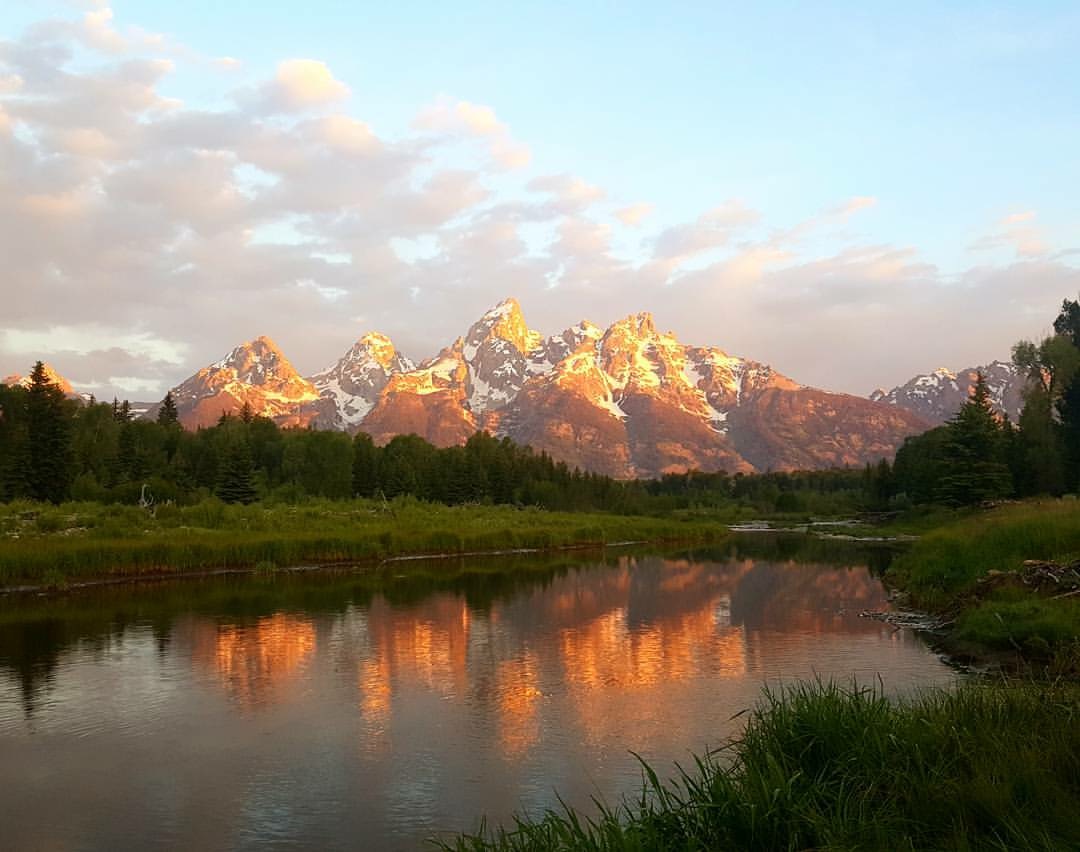An article from NPR by Robert Krulwich is a great example of some very key principles in environmental economics. Although it is a little bit old, it is informative and easily readable regardless of economic background.
I think that the article does a very good job of discussing the pros and cons of replacing natural capital, a topic I discuss in my classes as “weak” sustainability.
“Weak sustainability” is a term coined in Goodstein and Polasky’s environmental economics text and refers to the position that if it is possible to replace the ecosystem services provided by environmental goods, then there is really no need to protect them (especially at the cost of economic growth and development).
At first blush this idea may seem ghastly to conservationists and nature lovers, but humans have demonstrated that we can adapt to a variety of circumstances, environments, and an infinite number of musical genres.
If we possess the ability adapt to a world in which the frigid reaches of Canada become North America’s next bread basket, then why should we be concerned about global climate change?
I think that a strong response to this idea is that much of the services and benefits we receive from natural capital simply are not substitutable. Of course substitutability of natural capital can be subjective and promises a contentious debate whenever it comes to environmental policies.
As with so many (if not all) economic issues, the clear answer to this problem is difficult to see and mired in personal preferences. Regardless, I hope that you enjoy this article and that if you are new to economics it demonstrates how fun and interesting this stuff can be (I promise).
William

